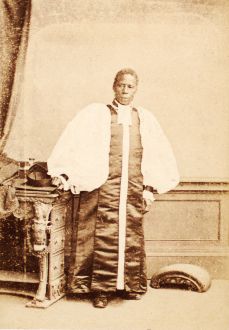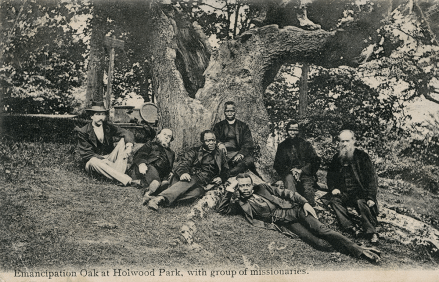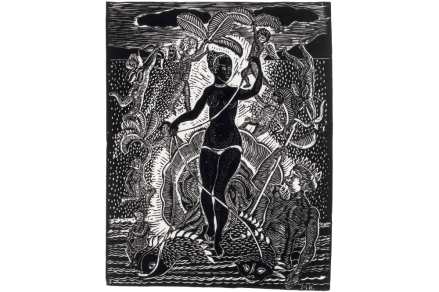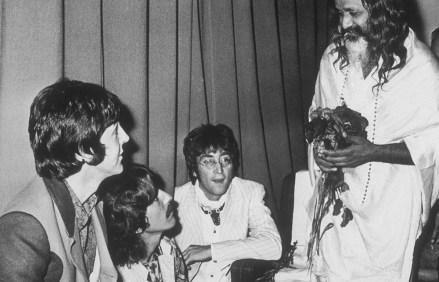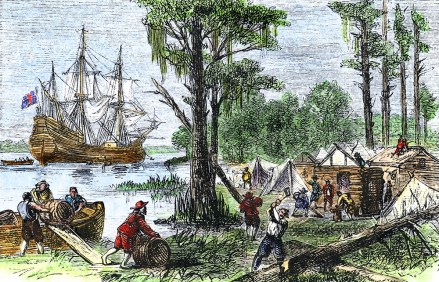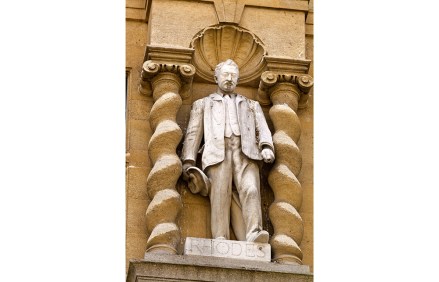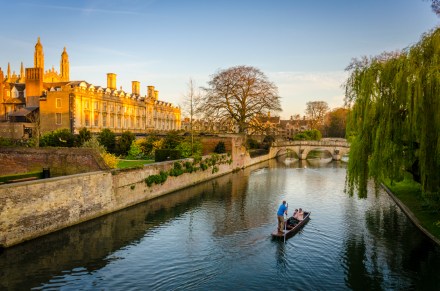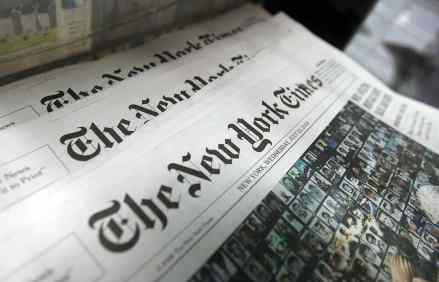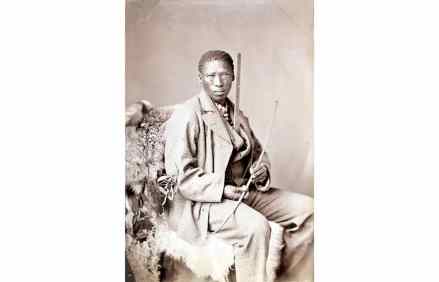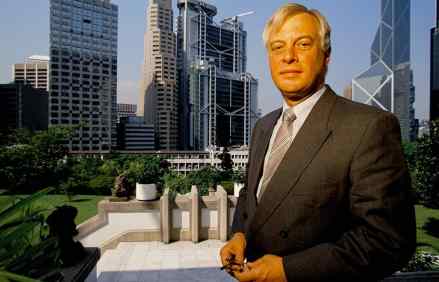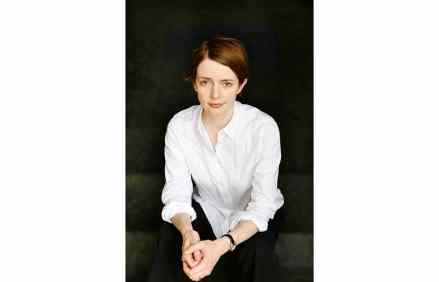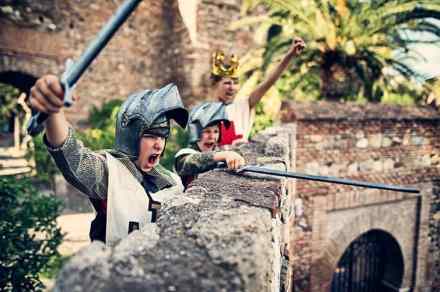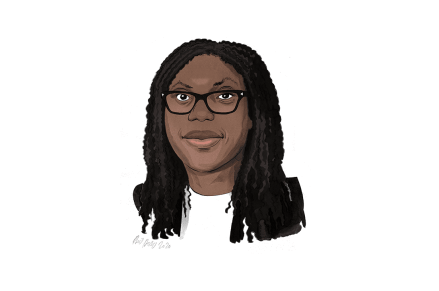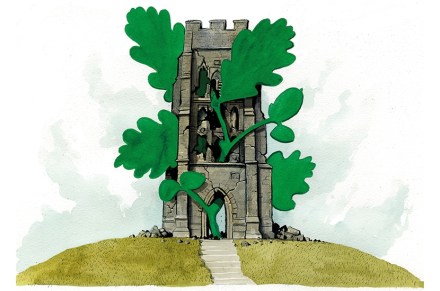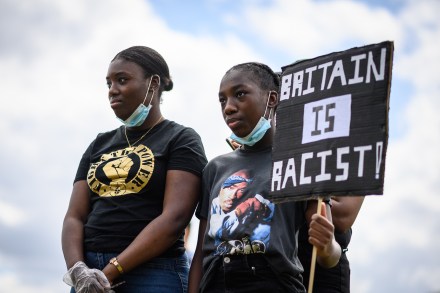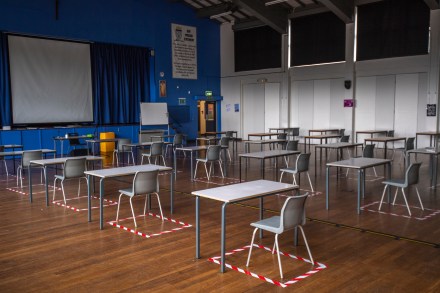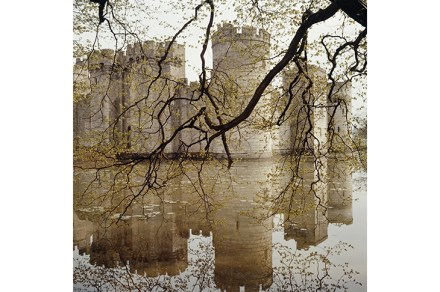How the Church of England patronises African Christians
17 min listen
In this episode of Holy Smoke, I’m joined by The Spectator’s features editor William Moore, who asks in this week’s issue of the magazine whether the Church of England is ‘apologising for Christianity’. A report by the Oversight Group, set up by the Church Commissioners to make reparations for African slavery, not only wants to see unimaginable sums transferred to ‘community groups’ – its chair, the Bishop of Croydon, thinks a billion pounds would be appropriate – it also deplores the efforts of Christian missionaries to eradicate traditional religious practices. But, as Will’s article points out, those traditional practices included – at their most extreme – idol-worship, twin infanticide and cannibalism. Are
